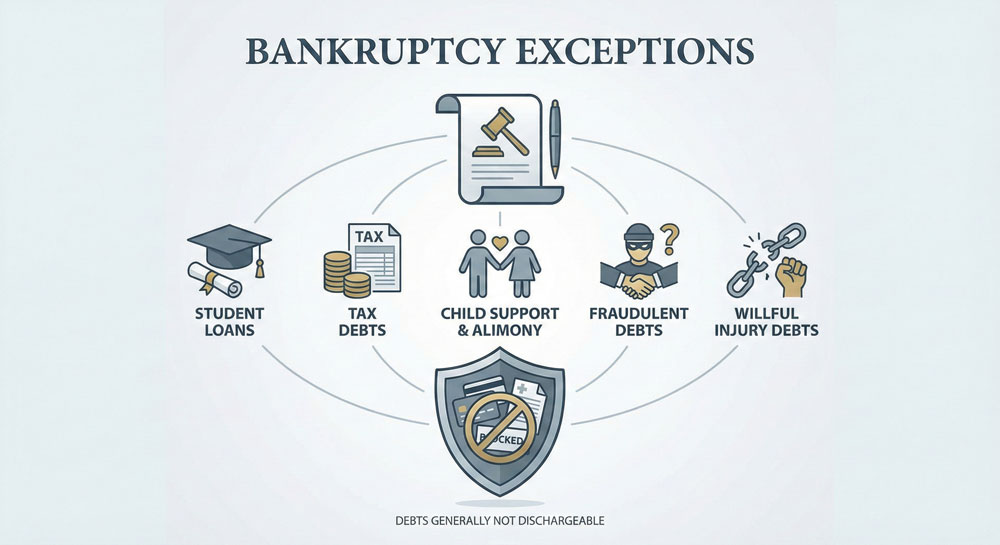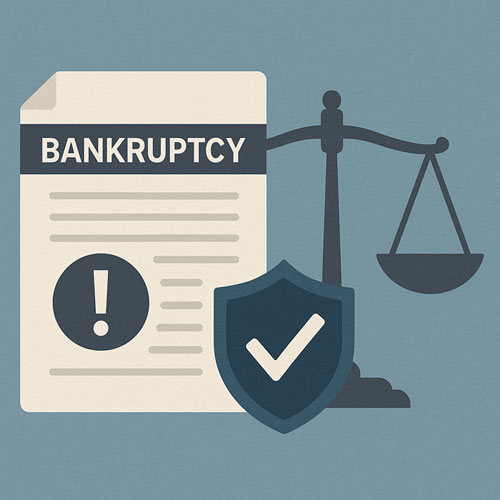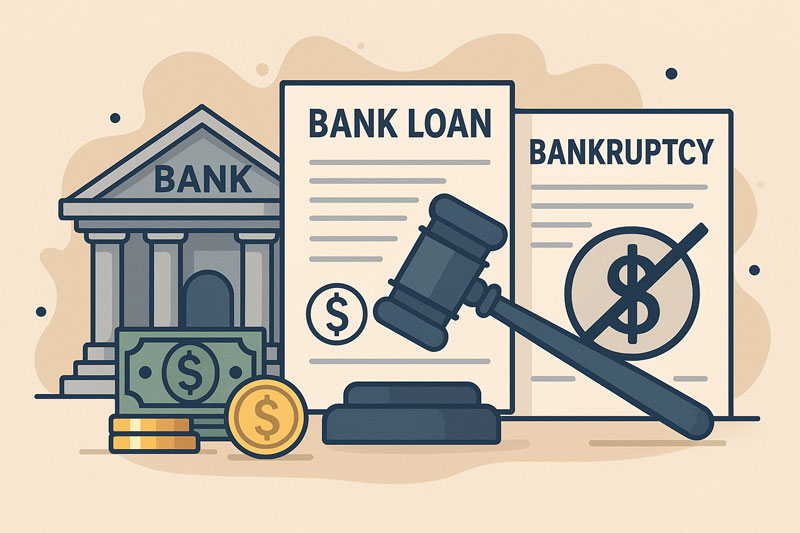Will I Lose My Assets?
If you’re considering filing for bankruptcy, you might be wondering what will happen to your interests in property, investments, and other assets. It’s an important question because it can have a significant impact on your financial future.
First, let’s define what we mean by “interest.” An interest is a legal term that refers to your ownership or stake in a particular asset. For example, if you own a house, your interest in that house is the percentage of ownership you have. If you have a 401(k) retirement account, your interest in that account is the value of the assets you own within it.
Now, let’s talk about bankruptcy. When you file for bankruptcy, you’re essentially asking a court to help you eliminate or reduce your debts so that you can start fresh. There are two main types of bankruptcy that individuals typically file: Chapter 7 and Chapter 13.
In a Chapter 7 bankruptcy, your assets are sold to pay off as much of your debt as possible. Any remaining debt is then discharged, meaning you’re no longer legally obligated to pay it. In a Chapter 13 bankruptcy, you create a payment plan to pay off your debts over a period of three to five years. At the end of the payment plan, any remaining debt is discharged. You typically will not lose any interests in property in a Chapter 13 bankruptcy since that is a repayment plan and not a liquidation bankruptcy.
So, what happens to your interests in property, investments, and other assets in bankruptcy? The answer is: it depends. Here are some scenarios:
Your interest is exempt: Depending on the state where you live, you may be able to exempt certain assets from bankruptcy. This means that the assets are protected and cannot be sold to pay off your debts. For example, some states have homestead exemptions that protect a certain amount of equity in your primary residence. If your interest in an asset is exempt, it will not be discharged in bankruptcy.
Your interest is not exempt but has no value: If your interest in an asset is not exempt and has no value, the trustee overseeing your bankruptcy case will likely abandon it. This means that the trustee won’t bother selling the asset because there’s no money to be gained from it. Your interest in the asset will be discharged.
Your interest is not exempt and has value: If your interest in an asset is not exempt and has value, the trustee will likely sell it to pay off your debts. For example, if you own a vacation home and have equity in it, the trustee may sell the home and use the proceeds to pay off your debts. Your interest in the asset will be discharged.
It’s important to note that bankruptcy laws can be complex, and the rules governing the discharge of interests can vary depending on your specific situation. If you’re considering filing for bankruptcy, it’s a good idea to consult with a bankruptcy attorney who can help you understand how your interests will be affected.
In conclusion, whether or not you will lose your property interests in bankruptcy depends on a variety of factors, including whether it’s exempt, whether it has value, and whether the trustee overseeing your case decides to sell it. If you’re considering filing for bankruptcy, it’s important to understand how your interests will be affected so that you can make informed decisions about your financial future.
Feel free to reach out to your Modesto bankruptcy attorney at 209-438-4990
Categorized in: Assets



